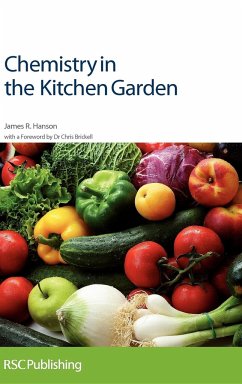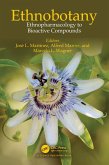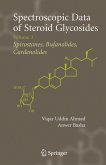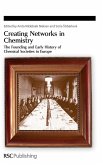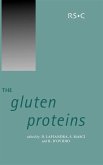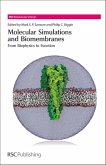Over the past decade there has been a resurgence of interest in growing fruit and vegetables in the garden and on allotments. Apart from the recreational, economic and environmental benefits, a major driving force has been an increasing awareness of the beneficial constituents of fruit and vegetables. Chemistry in the Kitchen Garden is aimed at readers with a chemical background who wish to know a little more about the natural products that they are eating, their beneficial effects, and the roles that these compounds have in nature. Developments in the understanding of the ecological and beneficial chemistry of fruit and vegetables have made the exploration of their chemical diversity a fascinating and expanding area of natural product chemistry and readers will obtain some 'taste' for this chemistry from the book. It develops in more detail the relevant sections from the earlier RSC book 'Chemistry in the Garden'. The book begins with an outline of the major groups of compound that are found in fruit and vegetables. This is followed by a description of aspects of environmental chemistry that contribute to the successful cultivation of these crops. Subsequent chapters deal with individual plants which are grouped in terms of the part of the plant, roots, bulbs and stems, leaves, seeds, that are used for food. The final chapters deal with fruit and herbs.
Hinweis: Dieser Artikel kann nur an eine deutsche Lieferadresse ausgeliefert werden.
Hinweis: Dieser Artikel kann nur an eine deutsche Lieferadresse ausgeliefert werden.

